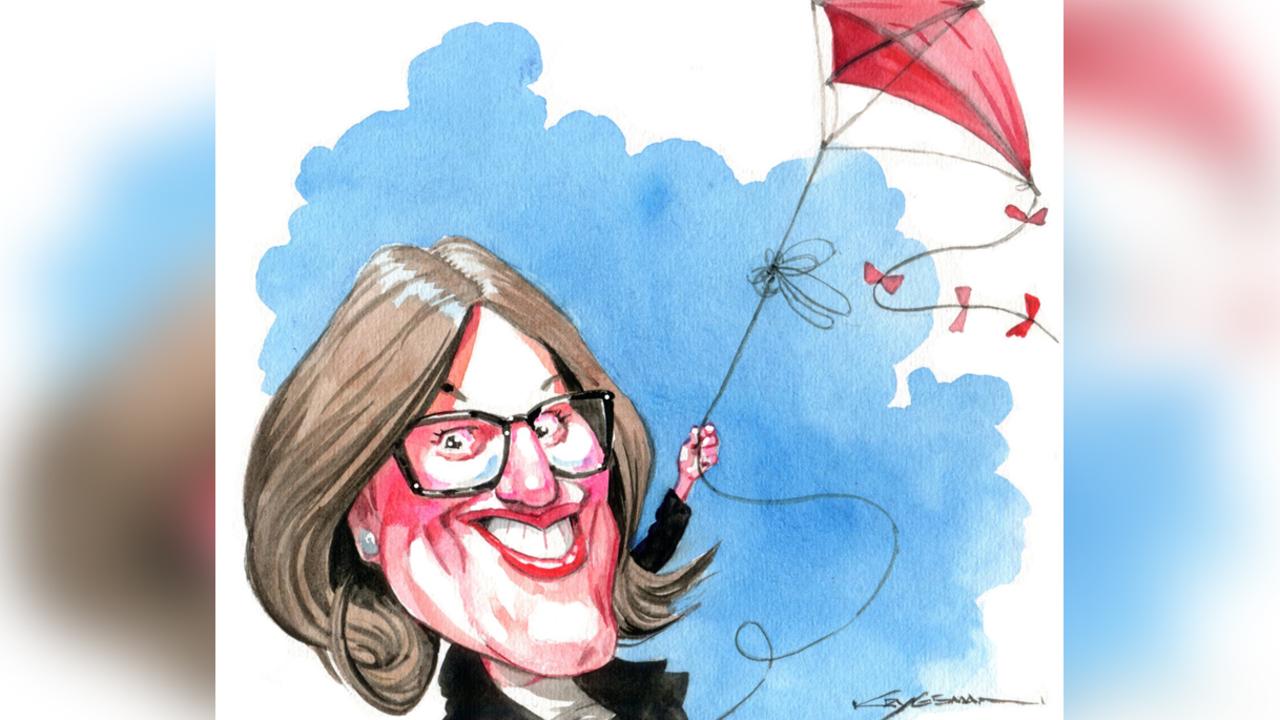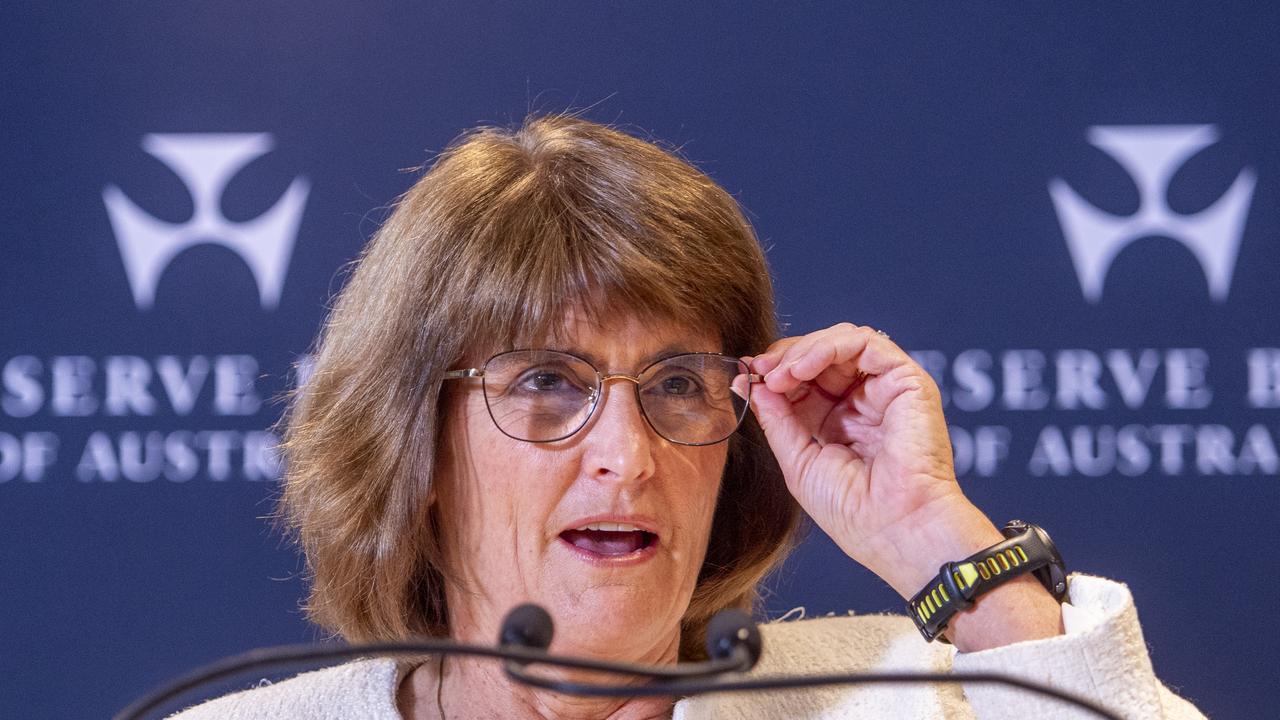Business faces worsening outlook and warned to prepare for more pain
Corporate Australia is expected to achieve decent profits growth despite high wage inflation and a looming downturn, but the macroeconomic backdrop has become more challenging.
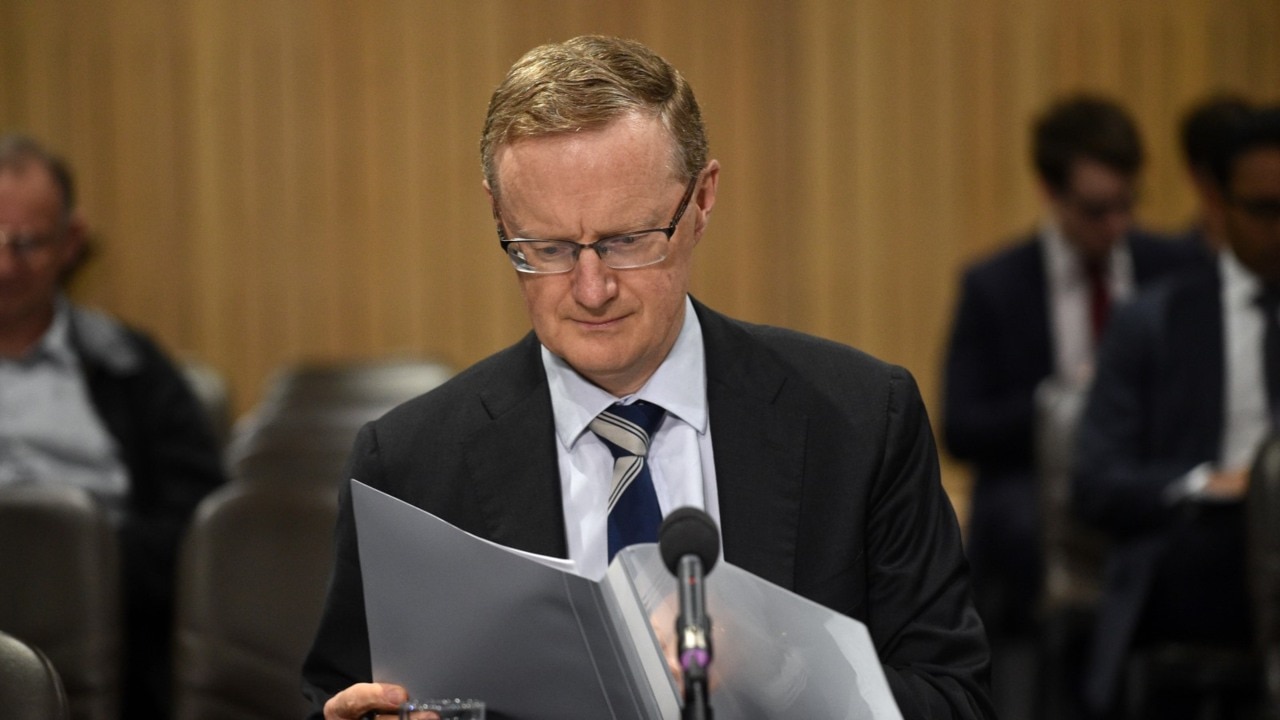
Corporate Australia is on track to achieve decent profits growth but business leaders warn
that the inflation battle isn’t won and that, after an aggressively hawkish Reserve Bank statement, rate rises could cause a recession.
While the RBA lifted the cash rate by another 25 basis points to a decade high of 3.35 per cent, it expects further increases in interest rates will be needed over the months ahead.
It warned that if high inflation were to become “entrenched in expectations”, it would be “very costly to reduce later”, while repeating that it would pay close attention to both the evolution of labour costs and the price-setting behaviour of firms to avoid a “prices-wages spiral”.
ANZ chief executive Shayne Elliott said the economy was now at a “very difficult pivot point”.
“If there is one (a recession), it will probably be a shallow one,” Mr Elliott said. But Australians are “in for a period of pain,” he told 3AW.
“Sadly, that (pain) has a very, very big impact on many in the community.”
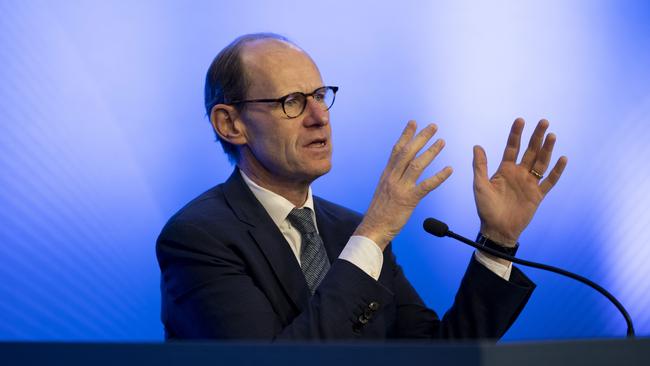
Boral boss Vik Bansal said the building materials company was “focused in getting price realisation from the market while maintaining a disciplined approach to cost management”.
“My sense is we haven’t seen the worst (on inflation). I think there’s a bit more to go in the second (June) half,” he said.
The recent consensus among analysts was for aggregate earnings per share growth of almost 5 per cent in financial 2023, or an impressive 15 per cent excluding resources. Solid annual growth of 10 per cent growth in annual earnings ex-resources is expected in subsequent years.
“While many investors worry about a collapse in profits, we believe the pieces are yet to fall into place to forecast the end of the current profits cycle,” said MST senior analyst Hasan Tevfik.
Still, the Reserve Bank has raised the stakes after its first meeting of the year.
Australia Post chief executive Paul Graham also warned that “there’s more pain to come” on inflation.
“We are like every other business and, indeed, households that have seen a dramatic increase in energy costs,” Mr Graham said.
“We’ve also seen an increase in other input costs from suppliers who are passing on or looking to pass on their wage increases or raw material increases.
“I think there’s still some more pain to come.”
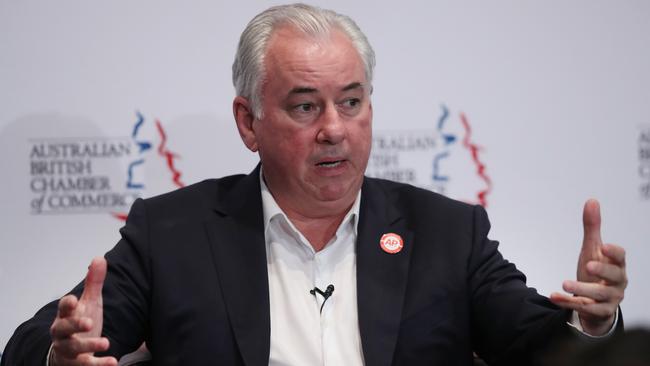
Mr Graham said Australia Post was “trying to contain those costs”.
“But there’s no doubt that the inflationary pressure around wages and energy costs, property costs, and just general supply costs are high and I don’t think we’ve seen the end of that yet,” he said.
Packaging giant Amcor’s chief executive, Ron Delia, said that “even in very defensive end markets, like the fast-moving consumer good space, and like the healthcare space, there is a point at which cumulative inflation that the consumer has to wear starts to impact purchase decisions.”
“And I think in some segments, we are starting to see that,” he said.
Economists’ and money market expectations of further interest rate hikes have soared.
A Bloomberg poll showed a new consensus of 3.85 per cent for the peak cash rate, up from 3.6 per cent previously. The money market was projecting a terminal rate closer to 4 per cent.
Deutsche Bank, Goldman Sachs and Bank of America predicted a 4.1 per cent cash rate
Morgans Financial chief economist Michael Knox forecast a peak cash rate of 4.85 per cent.
But Australian corporate balance sheets were mostly in good shape with low debt and less operational leverage after little capex spending in the past few years, according to Mr Tevfik.
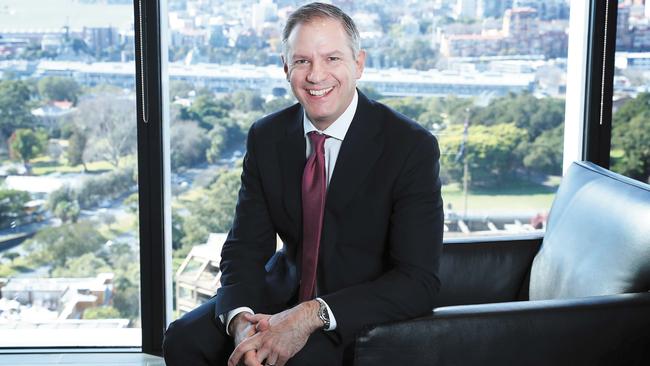
“A slowdown or moderation in revenue growth, because of tighter policy, will not be the profit cycle event it could have been if operational leverage was higher,” he said.
The February reporting period comes as the ASX 200 share index nears record highs after rising 7 per cent so far in 2023. The index fell 5.5 per cent in 2022, but clawed its way back from a 14 per cent fall as central banks began to slow the pace of their interest rate rises.
But while expecting overall profits to be resilient this year, Mr Tevfik said “there remains areas of concern and some of these could materialise during the current reporting period”.
Commodity producers were now “operating on peak net profit margins” after net margins overall rose to a 20-year high thanks to surging commodity prices.
“However, investors should be concerned about the prospect of elevated cost inflation against a backdrop of declining commodity prices, potentially in the periods ahead,” Mr Tevfik said.
In the August reporting period, commodity companies highlighted elevated raw material costs, inflation driving up closure liabilities, energy costs and labour.

Falling freight costs are expected to help profits this reporting season, but a rising exchange rate is becoming a headwind for those that benefited from a falling Aussie dollar in the past two years.
This could be an issue for companies with large international businesses without a natural hedge against the currency like Amcor, BlueScope, Brambles, Cochlear, Computershare, CSL, Fisher & Paykel, James Hardie, Ramsay, Sonic Healthcare and WiseTech.
A bigger concern is stubbornly high wage inflation.
“Bargaining power in Australia is switching to employees from their employers; in part this is because of the extremely tight labour market with the unemployment rate hovering around 50-year lows, and the ‘Secure Jobs, Better Pay’ legislation, will further tip the scales towards workers,” Mr Tevfik said.
The legislation allows for multi-employer bargaining, prohibits pay secrecy, and prohibits contracts for more than two years and, removes obstacles for more industrial action.
With the RBA predicting wage inflation of 4-5 per cent for the next two years, the risk is that wages are set to grow faster than revenue for large parts of Australia.
“We think the companies most vulnerable here are some of Australia’s biggest low-wage employers – the retailers,” Mr Tevfik said.

“They potentially may face the pincer of faster wage inflation and slower revenue growth.”
Macquarie Equities strategist Matthew Brooks said that corporate earnings forecasts were likely to be downgraded amid the “delayed impact of global rate hikes”, despite China’s faster reopening, lower European gas prices and recent hopes of a “soft landing” in the global economy.
“US earnings trends have been following the lagged impact of global hikes throughout 2022, and Australia is starting to follow,” Mr Brooks said.
Wilsons Advisory strategist David Cassidy said the reporting season would be “relatively positive”.
“The cyclical sectors may provide more positive results than the market expects after continued strength in the global and domestic economies in the last half,” he said.
“However, management outlook statements will be key for the direction of earnings upgrades.”
“This is likely peak earnings for many retailers.”




